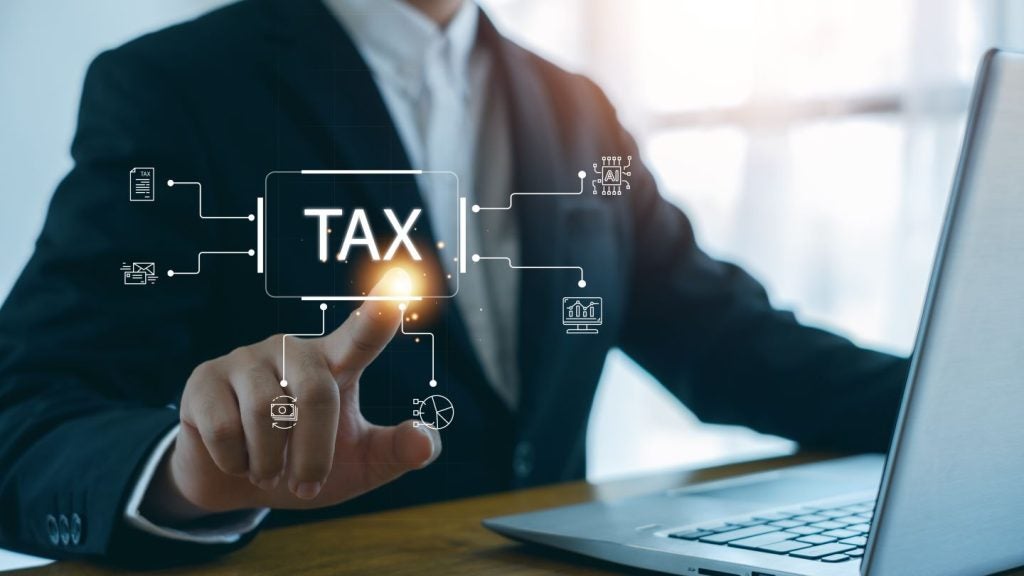By Validis’ Helen Daly
SPONSORED CONTENT – Many financial industry thought-leaders have defined data as the “new oil”. This seems an appropriate analogy – every business seems to be digging for data, albeit with algorithms rather than rigs and drills, and trying to manipulate and use it to fuel their business processes accordingly.
Data is fast becoming the most important virtual raw material of the 21st century, and in no area is this truer than in the accountancy world.
To be truly “future ready”, accountancy firms must harness the power of client data, shifting from transactional, low-value administrative procedures to seamless digital processes, and providing clients with value-added advisory services across every touch point of their practice.
To truly achieve that, client data needs to be standardised.
What is data standardisation & why is it important?
Data standardisation is the process of transforming data from disparate sources into one consistent format, so you can be confident in its completeness and integrity.

US Tariffs are shifting - will you react or anticipate?
Don’t let policy changes catch you off guard. Stay proactive with real-time data and expert analysis.
By GlobalDataThe ability to do this is crucial for accountancy firms that work with large quantities of data from multiple, varied sources. Data standardisation is a critical step towards improving data quality because it enables accountants to stop wasting time on data checks and the rekeying of information. Instead they can focus on interrogation and analysis, achieving a deeper understanding and uncovering data-driven insights.
Standardisation enables accountants to apply consistent rules across large data sets. Firms will have a deeper understanding of each client across their entire business, utilising the same data set regardless of whether working in audit, tax, forensic accounting etc. This means practices can automate and streamline operations across the business, reducing costs, with departments no longer working in silo, and servicing clients in new markets that were previously not cost-effective.
A standardised data set is ideal for collaborative analysis, it enables groups to work from a uniform perspective and define clear and robust parameters with which to review and test data, in order to form objective conclusions.
Data standardisation, however, is critical but tricky.
In 2017 there were approximately 2.5 million SMEs in the UK using an accounting package: Sage, Xero, QuickBooks, Microsoft packages etc. Each of those packages is completely different, incorporating different data structures and naming conventions. There is a big difference between the way data is stored in the application tables, and the way in which that information is displayed on screen and in the standard reports for that application. Much of the logic and calculations performed by the application are ad hoc as part of its processing layer. To make use of that data we have to effectively reverse engineer what that logic is, how it should be correctly applied, and map that across to a standard GAAP schema.
That aside, how do you collect and compile the data in the first place? Exporting data from each individual package is no easy feat. Cloud-based packages are relatively simple, with data accessible via publicly available APIs, but there are often restrictions around what data you can actually access, and this still doesn’t crack the standardisation issue. Furthermore, the largest proportion of accounting packages in the SME market are actually on-premise and the ability to drill directly down into data accessed from a desktop application is a specialised skill set.
The transformation to become truly advisory-led and future-ready
Most accountants know their clients’ businesses as well – or even better – than they do. Data analysis helps accountants take an independent, non-biased look at a business and provide meaningful advice. Most accountants develop specific domain expertise across one or more industry verticals. The ability to analyse, compare and benchmark this data across several companies within that vertical places you in a unique position to provide sector wide insight and guidance. It’s about moving your client’s perception of you from necessary “bean counter” to strategic advisor.
SMEs need more help than ever with their businesses, whether that is to achieve growth, improve performance, keep up with regulatory requirements or even ready the business for sale. SMEs are looking for the same simple digital experiences they have in their personal lives in their business relationships.
An accountant equipped with the right data analytics tools, powered by quality standardised data is in the best position, of all professionals, to deliver the type of advice SMEs need. Fundamentally, all businesses boil down to the underlying numbers that make them, having these numbers standardised and easily available for use by their accountant is the cornerstone that will facilitate better, longer lasting, and more profitable business relationships.






